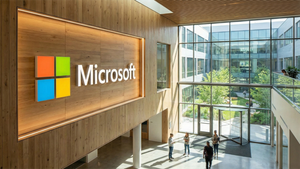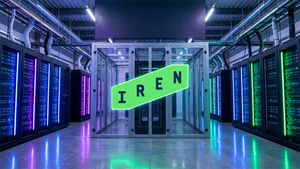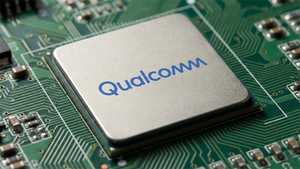Polychlorinated biphenyls (PCBs) were manufactured in the United States from 1929 until their production was banned in 1979. Due to their non-flammability, chemical stability, high boiling point, and electrical insulating properties, PCBs were once used in hundreds of industrial and commercial applications.
PCBs are described by the U.S. Environmental Protection Agency (EPA) as belonging to a broad family of man-made organic chemicals known as chlorinated hydrocarbons. Unfortunately, PCBs have also been identified as probable human carcinogens and may also cause a variety of non-cancer health effects.
Even though PCBs are no longer commercially produced in the U.S., EPA states that they may still be present in products and materials produced before the ban. The agency has shared concerns about the potential widespread use of PCB-containing building materials in schools and other buildings constructed or renovated between about 1950 and 1979. Research results posted by EPA about PCBs in school buildings include:
- Caulk put in place between 1950 and 1979 may contain significant amounts of PCBs and can emit them into the surrounding air. PCBs from caulk may also contaminate adjacent materials such as masonry or wood.
- Fluorescent lighting fixtures that still contain their original PCB-containing light ballasts have exceeded their designed lifespan and the chance for rupture and emitting PCBs is significant.
- Some building materials (e.g., paint and masonry walls) and indoor dust can absorb PCB emissions and become potential secondary sources for the chemicals. When the primary PCB-emitting sources are removed, the secondary sources often emit PCBs.
“Some of these PCB-containing materials are still found in commercial, institutional, and healthcare facilities,” said Frank Selamie, President of CTSI. “This is why the industrial hygiene and indoor environmental quality professionals at CTSI offer PCB testing and consulting services to protect workers, building occupants, and the general public from needless exposure risks.”
To learn more about PCBs or other industrial hygiene, indoor air quality, environmental, health, and safety services, please visit www.ctsiweb.com, email contactus@ctsiweb.com , or call (212) 971-7016.
About CTSI
Established in 1992, Consulting & Testing Services, Inc. (CTSI) was founded on one strong commitment: to provide efficient and expert services to clients based on professionalism, innovation, and cost-effective expert solutions. This commitment has been furthered with CTSI's reputation in fostering client relationships in all sectors of the Environmental, Health, Safety, and Construction industries. CTSI prides itself in utilizing a high quality service based on its diverse team of staff and professionals' concise recommendations and solutions to the most pressing dilemmas. The company operates offices in New York and Florida that service clients across the United States.
— WebWireID290655 —





